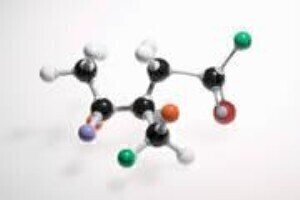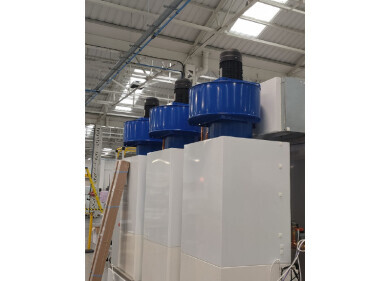Laboratory Products
Recombinant Antibodies for In Vivo Research Launched
Jan 22 2020
Absolute Antibody Ltd has announced the launch of its VivopureX™ recombinant mouse antibodies for in vivoresearch in mouse models. The collection consists of popular antibody clones, many originally obtained from rats or hamsters, which Absolute Antibody has engineered into mouse-anti-mouse recombinant versions to improve research results. The antibodies are all available in discounted bulk sizes ranging from 1 mg to 100 mg.
VivopureX™ antibodies are species-matched chimeric antibodies, consisting of a clone’s original antigen-binding variable domain with a mouse constant domain, which means they do not induce neutralising antibodies in mouse models. As a result, the engineered recombinant antibodies offer many advantages compared to the original monoclonal antibodies, including increased long-term efficacy, stronger potency and a more consistent response across cohorts. In addition, VivopureX™ antibodies feature engineered effector functions, with Fc receptor binding tailored to best suit popular applications such as depletion, agonism or blocking.
All antibodies are produced recombinantly for ensured batch-to-batch reproducibility, and offer high purity and low endotoxin levels ideal for in vivo applications. The antibodies are targeted against key immune system proteins, including clinically relevant checkpoint proteins such as PD-1, CTLA-4 and OX40. Absolute Antibody data has shown that the recombinant mouse PD-1 antibody, based on the widely used clone RMP1-14, reduces tumour size in a mouse model more effectively than the original rat version.
“The VivopureX™ antibody collection includes a selection of our most exciting mouse-anti-mouse antibodies, now available at discounted bulk prices ideal for in vivo researchers,” said Dr Michael Fiebig, Director of Products and Innovations at Absolute Antibody. “Most antibodies currently used in vivo are immunogenic, leading to adverse immunological reactions and gradual loss of activity. By applying the same protein engineering approaches used in therapeutic development to research reagents, we can improve in vivo research results and further our understanding into the mechanisms underlying immunotherapy.”
Digital Edition
Lab Asia 31.2 April 2024
April 2024
In This Edition Chromatography Articles - Approaches to troubleshooting an SPE method for the analysis of oligonucleotides (pt i) - High-precision liquid flow processes demand full fluidic c...
View all digital editions
Events
Apr 22 2024 Marrakech, Morroco
Making Pharmaceuticals Exhibition & Conference
Apr 23 2024 Coventry, UK
Apr 23 2024 Kintex, South Korea
Apr 23 2024 Seoul, South Korea
Apr 24 2024 Jakarta, Indonesia


.jpg)






.jpg)









